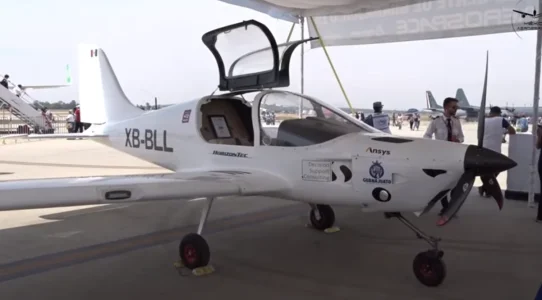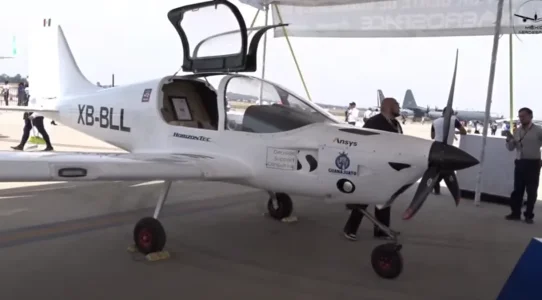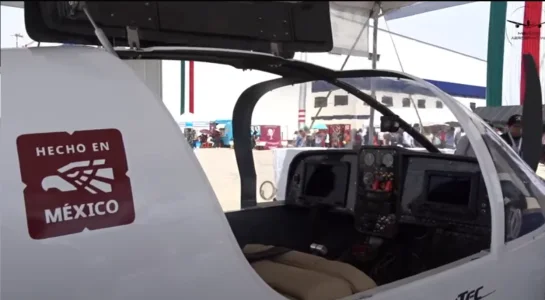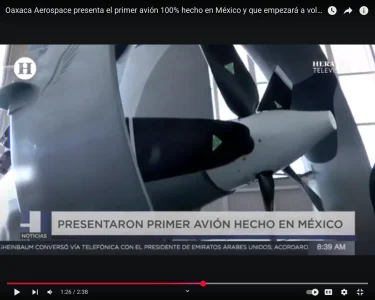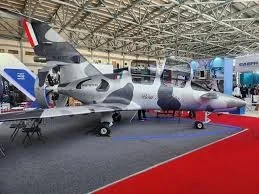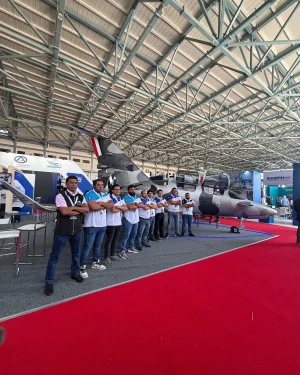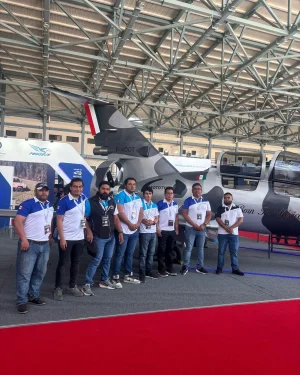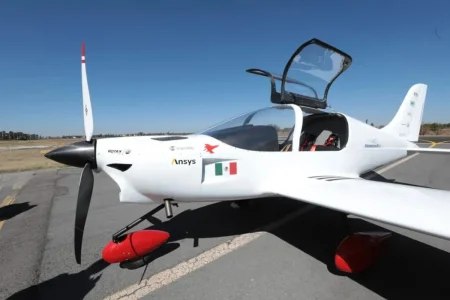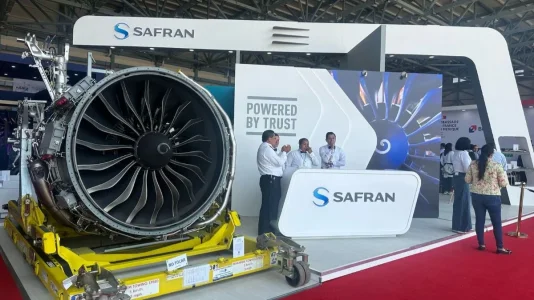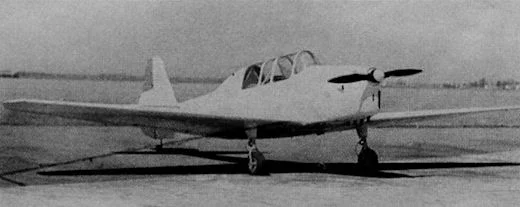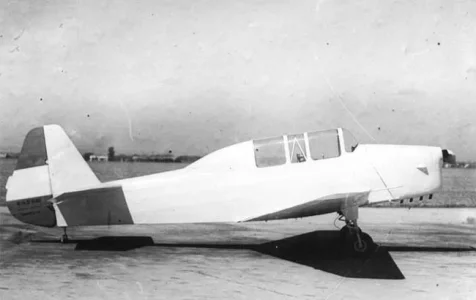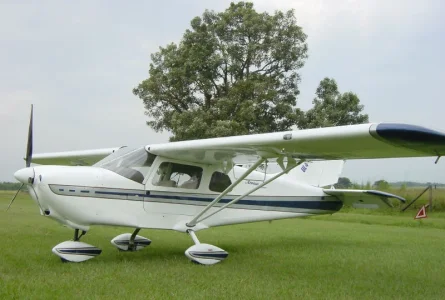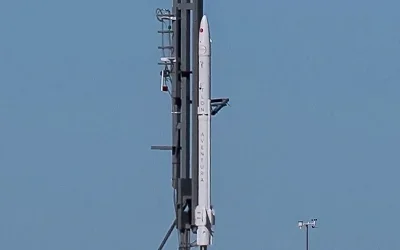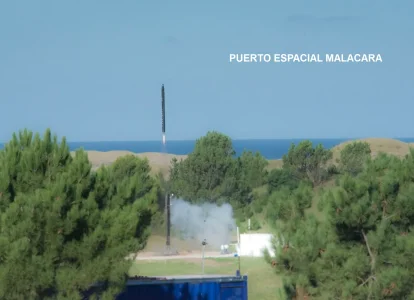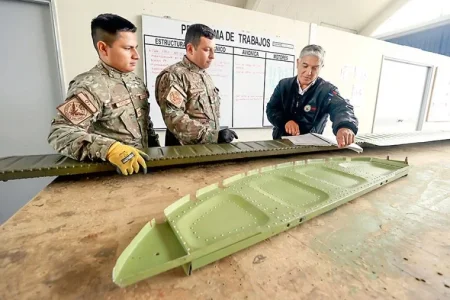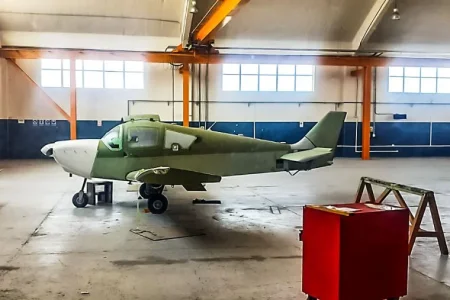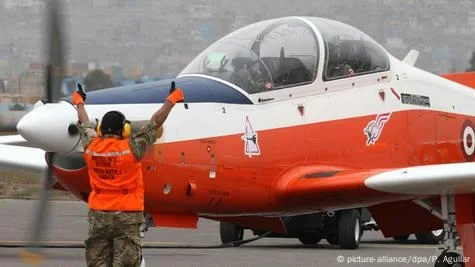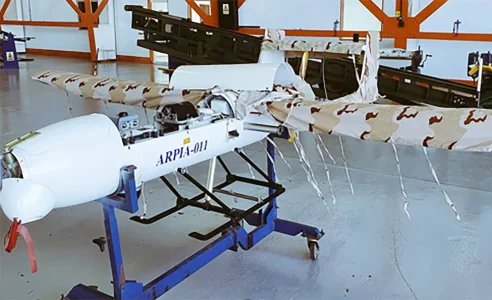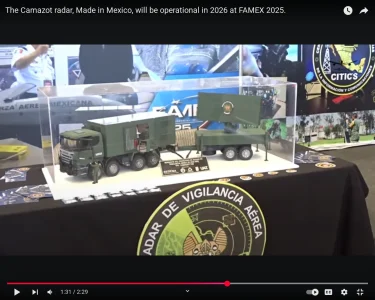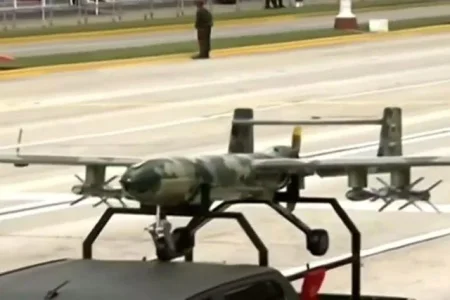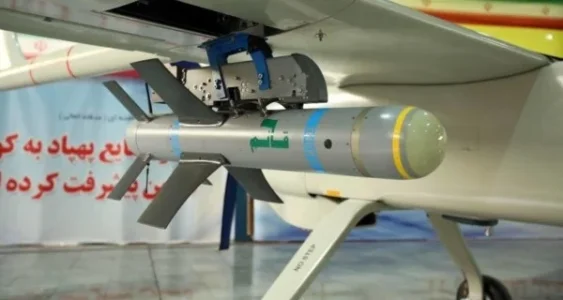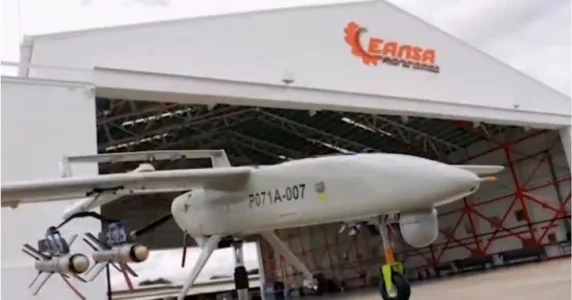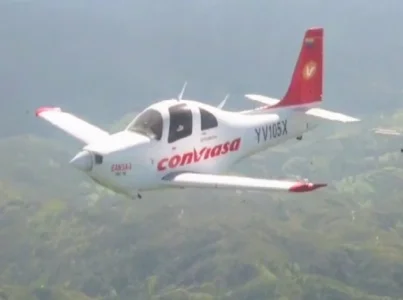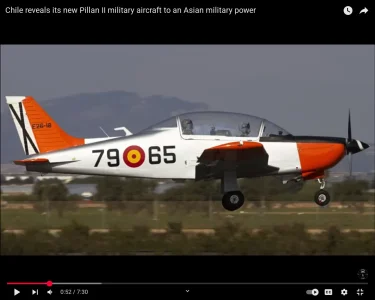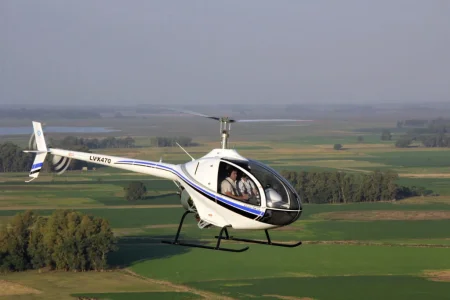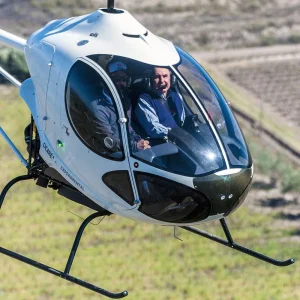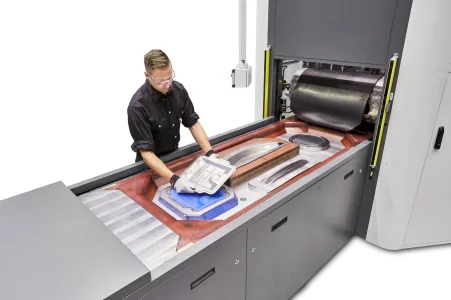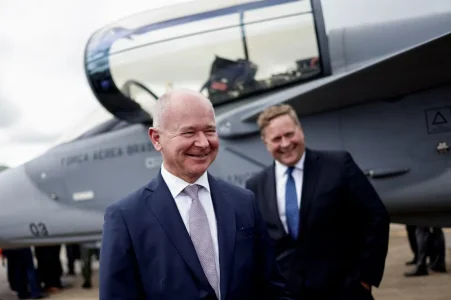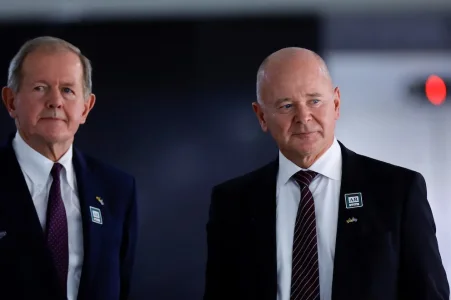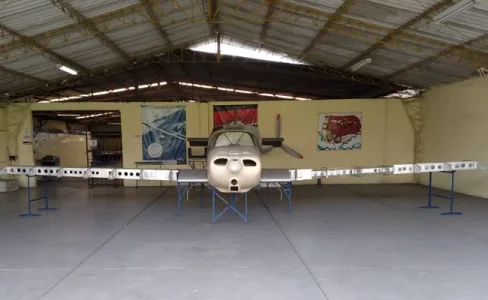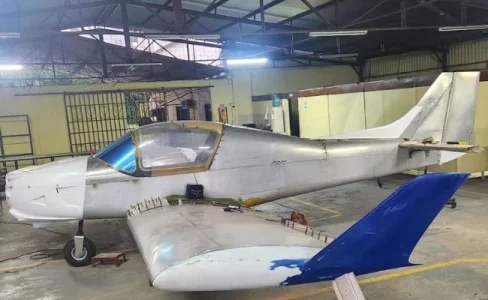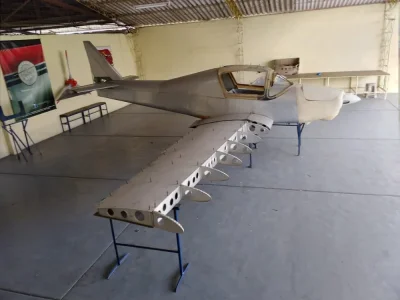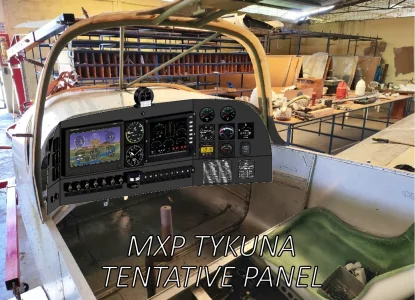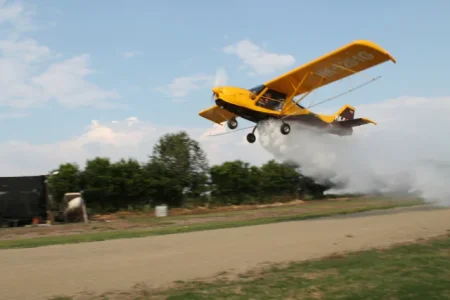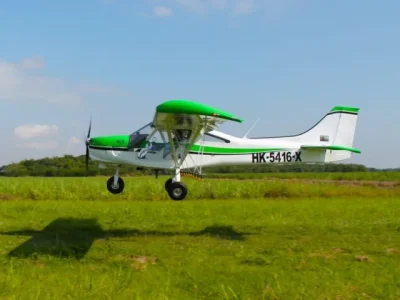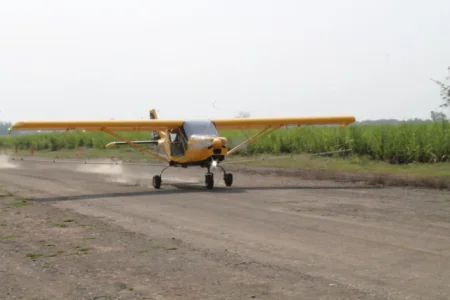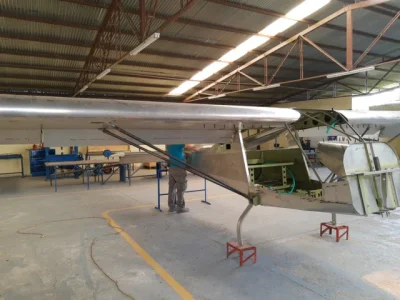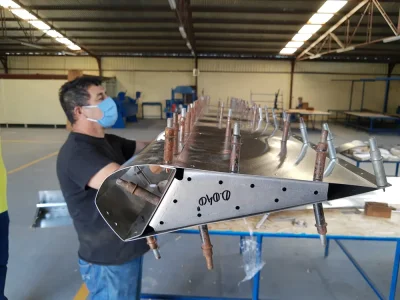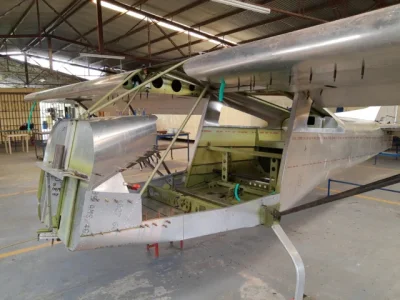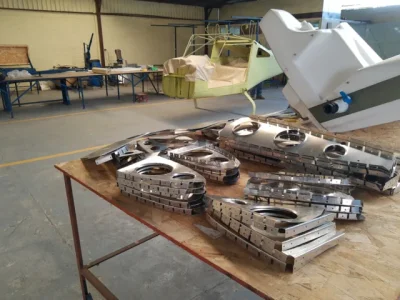- Joined
- Jul 3, 2024
- Messages
- 1,715
- Likes
- 2,290
Airbus Proposes Sale of the A400M to Mexico with Industrial Integration Package
A21 Editorial / Friday, April 25, 2025 - 01:00
THE OFFER INCLUDES AT LEAST TWO AIRCRAFT AND OPENS THE DOOR TO STRATEGIC COLLABORATIONS IN MANUFACTURING, MAINTENANCE, AND TRAINING OF NATIONAL TALENT, LIKE THE ONE ALREADY IN PLACE IN QUERÉTARO
FAMEX Airbus
During its participation in the Mexico Aerospace Fair (FAMEX) 2025, Airbus confirmed its intention to sell at least two units of the A400M military transport aircraft to the Mexican government, as part of an offer that includes not only advanced operational capabilities but also a significant industrial return for the country.
Víctor de la Vela, Vice President for Latin America at Airbus' Defense and Space division, explained that the proposal includes a collaboration strategy with the local industry, with the possibility of integrating Mexican suppliers into Airbus' global supply chain.
"We want this to be a win-win situation, where Mexico benefits from technology transfer and the development of local capabilities," he stated.
The executive explained that the Mexican authorities, in this case the armed forces, are still in the evaluation phase of the purchase proposal.
The A400M, already used by several European air forces, can perform multiple missions: heavy-lift transport, paratroop drops, medical evacuation, in-flight refueling, and tactical deployment. Thanks to its autonomy and ability to operate in extreme conditions, it has proven key in humanitarian missions, evacuations, and international deployments.
Regarding delivery times, De la Vela indicated that the standard is approximately 24 months after placing the order and delivering a first aircraft, while pilot training takes only a few months; however, the full training of a squadron for tactical operations could take up to three years.
The executive reiterated that the European airframer is ready to collaborate with the Mexican government on strategic projects, including capacity development in sectors such as satellites and aircraft maintenance, consolidating Mexico as a key ally in its long-term vision.
As part of its industrial collaboration approach, Airbus proposed that Mexico's acquisition of the A400M could be accompanied by a structured technology transfer program aimed at developing capabilities in strategic sectors.
De la Vela emphasized that Airbus is not only seeking to establish commercial relationships, but also to form long-term alliances that strengthen the Mexican aerospace ecosystem.
“We want to work with local industrial partners who not only collaborate with us but can also integrate into projects with other international players. That is the true return on value we are offering: knowledge, talent, and technological autonomy for Mexico,” he stated.
The Airbus regional executive noted that this approach is already in place at the plant in Querétaro, where components such as the A320 aircraft doors are manufactured, which are exported to Europe for final aircraft assembly.
“That is just one example. With the A400M and other programs, we could expand this model,” added de la Vela, making it clear that a greater volume of acquisitions would facilitate bringing more work to Mexico.

 a21.com.mx
a21.com.mx
A21 Editorial / Friday, April 25, 2025 - 01:00
THE OFFER INCLUDES AT LEAST TWO AIRCRAFT AND OPENS THE DOOR TO STRATEGIC COLLABORATIONS IN MANUFACTURING, MAINTENANCE, AND TRAINING OF NATIONAL TALENT, LIKE THE ONE ALREADY IN PLACE IN QUERÉTARO
FAMEX Airbus
During its participation in the Mexico Aerospace Fair (FAMEX) 2025, Airbus confirmed its intention to sell at least two units of the A400M military transport aircraft to the Mexican government, as part of an offer that includes not only advanced operational capabilities but also a significant industrial return for the country.
Víctor de la Vela, Vice President for Latin America at Airbus' Defense and Space division, explained that the proposal includes a collaboration strategy with the local industry, with the possibility of integrating Mexican suppliers into Airbus' global supply chain.
"We want this to be a win-win situation, where Mexico benefits from technology transfer and the development of local capabilities," he stated.
The executive explained that the Mexican authorities, in this case the armed forces, are still in the evaluation phase of the purchase proposal.
The A400M, already used by several European air forces, can perform multiple missions: heavy-lift transport, paratroop drops, medical evacuation, in-flight refueling, and tactical deployment. Thanks to its autonomy and ability to operate in extreme conditions, it has proven key in humanitarian missions, evacuations, and international deployments.
Regarding delivery times, De la Vela indicated that the standard is approximately 24 months after placing the order and delivering a first aircraft, while pilot training takes only a few months; however, the full training of a squadron for tactical operations could take up to three years.
The executive reiterated that the European airframer is ready to collaborate with the Mexican government on strategic projects, including capacity development in sectors such as satellites and aircraft maintenance, consolidating Mexico as a key ally in its long-term vision.
As part of its industrial collaboration approach, Airbus proposed that Mexico's acquisition of the A400M could be accompanied by a structured technology transfer program aimed at developing capabilities in strategic sectors.
De la Vela emphasized that Airbus is not only seeking to establish commercial relationships, but also to form long-term alliances that strengthen the Mexican aerospace ecosystem.
“We want to work with local industrial partners who not only collaborate with us but can also integrate into projects with other international players. That is the true return on value we are offering: knowledge, talent, and technological autonomy for Mexico,” he stated.
The Airbus regional executive noted that this approach is already in place at the plant in Querétaro, where components such as the A320 aircraft doors are manufactured, which are exported to Europe for final aircraft assembly.
“That is just one example. With the A400M and other programs, we could expand this model,” added de la Vela, making it clear that a greater volume of acquisitions would facilitate bringing more work to Mexico.

Propone Airbus venta del A400M a México con paquete de integración industrial
Durante su participación en la Feria Aeroespacial México (FAMEX)
 a21.com.mx
a21.com.mx

